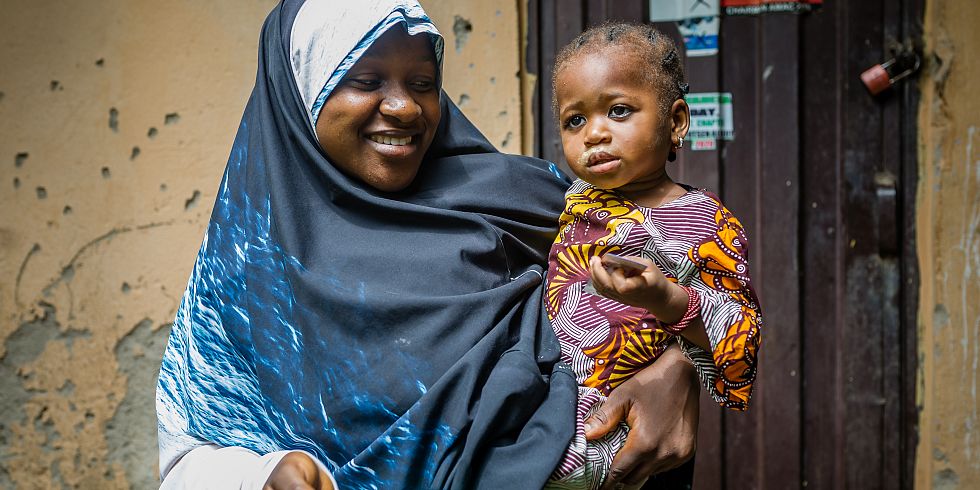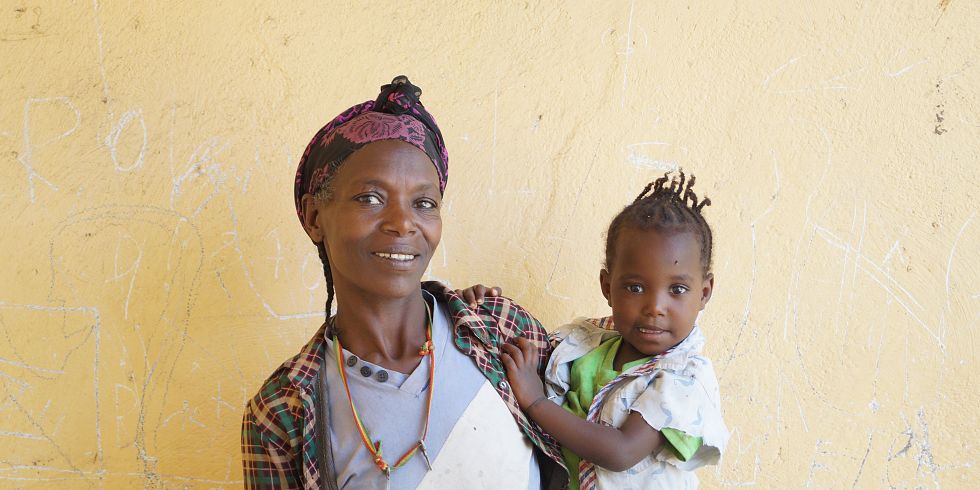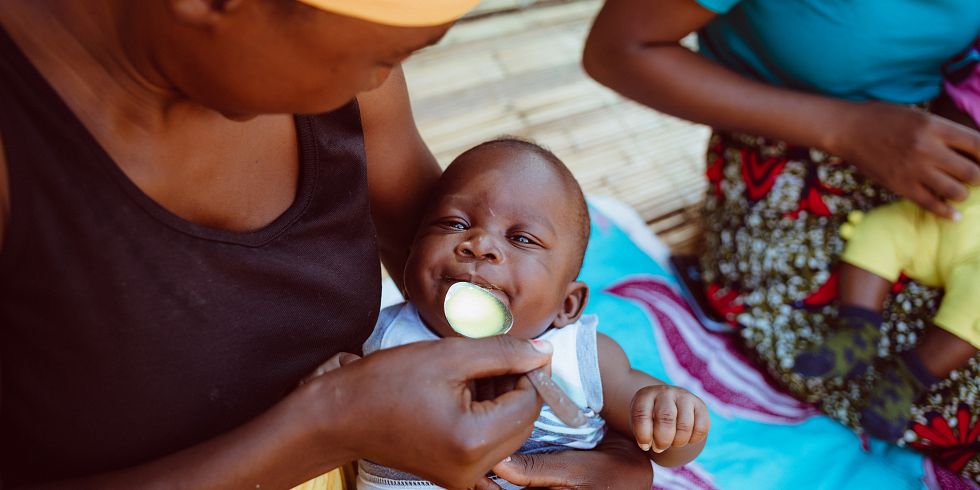Latest News
41 Result(s) found:
Reset all search optionsCurrent search filters ( results match ALL terms):Surveillance

International summit calls for AMR accountability in public health interventions
21 March 2024The UK-Africa Health Summit took place this week, uniting global health leaders in antimicrobial stewardship to tackle this increasing threat ahead of the 2024 High-level Meeting on antimicrobial resistance (AMR) in New York.
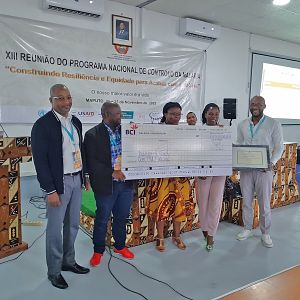
Malaria Consortium presents data quality evaluation results to Mozambique’s Ministry of Health at national malaria strategy meeting
1 December 2022Malaria Consortium presented results from an evaluation of data quality for in-hospital malaria deaths to Mozambique’s Minister of Health at the at the 13th meeting of the National Malaria Control Programme (NMCP) in Maputo …
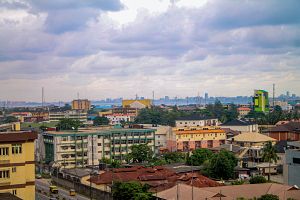
WHO urges African countries to join forces to stop the spread of Anopheles stephensi
30 September 2022Today, the World Health Organization (WHO) launched a new initiative in the hopes of stopping the invasive mosquito species, Anopheles stephensi, from spreading further in Africa. Through this, national malaria control programmes,…
Genomic surveillance used to improve malaria treatment in Mozambique
20 September 2022Health workers in Mozambique are collecting samples for genomic surveillance of malaria to monitor malaria transmission intensity and resistance to antimalarial drugs and diagnostics.
Mozambique has the fourth-highest malaria bur…
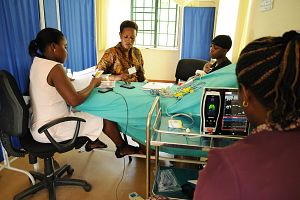
Sub-Saharan countries well positioned to pioneer digital molecular diagnostics for infectious diseases as part of an African digital transformation
1 July 2022In a new paper published in PLOS Digital Health, researchers highlight how early adoption of digital molecular diagnostics – small electronic tools that analyse samples and give a diagnosis for infectious diseases – co…
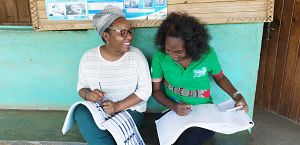
Research insight - Shared malaria surveillance expertise has transformative effect on success of surveillance as a core intervention in moderate to high transmission settings
21 June 2022New research suggests that making use of practical experience can have a transformative effect on the success of malaria surveillance as a core intervention (SACI) in moderate to high malaria transmission countries. Malaria Consor…

Annual SMERG meeting drives digitalisation of malaria surveillance
20 May 2022The RBM Partnership to End Malaria hosted its 33rd meeting of the Surveillance, Monitoring, and Evaluation Reference Group (SMERG) from 17 to 20 May 2022 in Kigali, Rwanda. Discussions focused on ways to streamline surveillan…
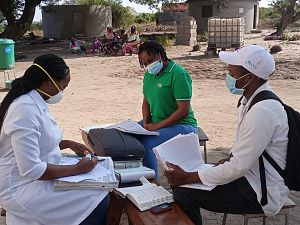
American Journal of Tropical Medicine and Hygiene articles explore effective malaria surveillance systems
26 April 2022The first of three malaria surveillance supplemental issues in the American Journal of Tropical Medicine and Hygiene (AJTMH) was published yesterday on World Malaria Day, exploring the importance of responsive surveillance –…

21st meeting of WHO's MPAG brings fresh momentum to the fight against malaria in Africa
25 March 2022The 21st meeting of the Malaria Policy Advisory Group (MPAG), part of the World Health Organisation (WHO)’s Global Malaria Programme (GMP), took place virtually this week, from 23 to 24 March. The Group convened to discuss t…
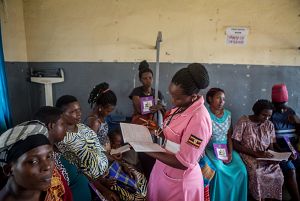
New project to boost malaria burden reduction gains in Uganda
26 January 2022To build on and boost gains made in Uganda’s mission to eradicate malaria, Malaria Consortium is implementing a new project – Supporting Uganda’s Malaria Reduction and Elimination Strategy (SUMRES) – over t…
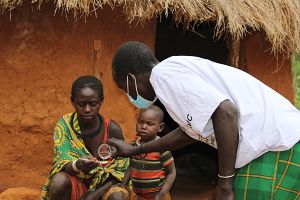
World Malaria Report 2021: Maintaining essential services has saved lives but malaria cases continue to rise
6 December 2021Today, the World Health Organization (WHO) published its World Malaria Report for 2021, assessing global and regional malaria trends over the last year and providing an opportunity to reflect on progress towards global targets.
T…
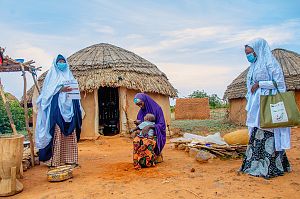
Exciting potential for increased protection against malaria for young children in combining malaria vaccine with seasonal malaria chemoprevention
27 August 2021A seminal paper, published on 25 August in the New England Journal of Medicine, details results from a three-year trial to test the efficacy of the RTS,S/AS01 E malaria vaccine in combi…
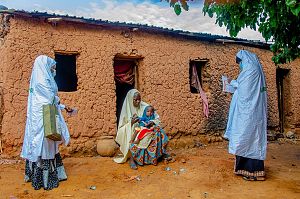
Malaria Consortium to support Nigeria’s National Malaria Elimination Programme to reduce malaria burden to pre-elimination by 2025
18 August 2021Malaria Consortium is supporting Nigeria’s National Malaria Elimination Programme to deliver malaria interventions to help the country reach its goal of reducing the malaria burden to pre-elimination levels by 2025 - equatin…

Malaria Consortium highlights vital role of responsive surveillance systems in eliminating malaria
22 July 2021In a new perspective paper published in IntechOpen, Malaria Consortium experts outline the importance of surveillance systems that are able to adapt to changing circumstances as a crucial component to achieving resilient and …
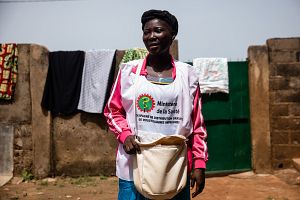
New monitoring and evaluation toolkit will help improve SMC implementation and impact assessment
22 June 2021Malaria Consortium welcomes the recent publication of the Seasonal Malaria Chemoprevention (SMC) Monitoring and Evaluation (M&E) Toolkit by the SMC Alliance. The toolkit outlines a performance framework for SMC implementation …
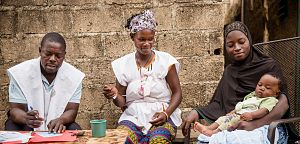
World Malaria Day 2021
25 April 2021Today marks the 15th annual World Malaria Day and provides an opportunity for the global community to reflect not only on the progress that’s been made but what more needs to be done – setting out where we need to focu…
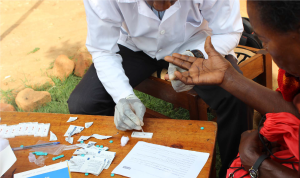
COVID-19 and malaria: How surveillance systems can adapt to fight both
23 September 2020When COVID-19 was declared a pandemic by WHO in March 2020, governments and organisations involved in the prevention and control of malaria had a choice to make – divert their attention from the diagnosis, control and preven…
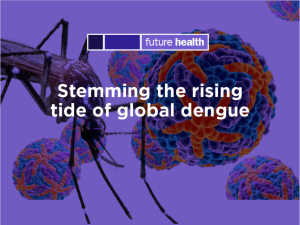
Malaria Consortium calls for urgent action to stem the rising tide of global dengue
15 June 2020This ASEAN Dengue Day, Malaria Consortium is delighted to announce the publication of a timely opinion paper on the world’s fastest growing vectorborne disease.
Dengue is on the rise, rapidly and widely across the planet, a…

Malaria Consortium outlines nine key approaches to help mitigate climate-related threats to health
5 June 2020Malaria Consortium is pleased to announce the publication of an opinion paper exploring the impact climate change could have on global health.
This paper, Adapting to minimise the health impacts of climatic change, outlines some …
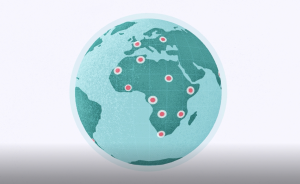
New animation on crucial role of surveillance in malaria elimination
8 January 2020Strong and effective surveillance is fundamental to achieving malaria elimination. Malaria Consortium’s new animation explains the need to strengthen surveillance systems to collect timely and quality data on disease prevale…
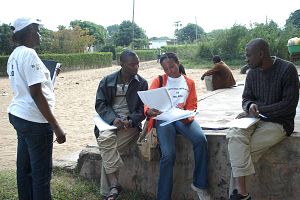
Malaria Consortium announces new malaria surveillance programme in Mozambique
31 July 2019London, 31 July 2019 – Malaria Consortium is pleased to announce the launch of a three-year project entitled “Strengthening malaria surveillance for data-driven decision making in Mozambique”.
The project, which…
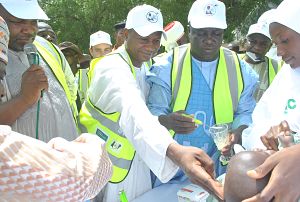
Malaria Consortium launches ‘top-rated’ malaria prevention campaign in Africa’s Sahel
30 July 2019London, 30 July 2019 – Malaria Consortium’s seasonal malaria chemoprevention campaign has begun across three countries in the Sahel region of Africa.
Over the next four months, the campaign will distribute preventive …
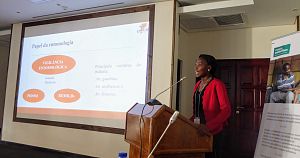
Putting surveillance at the heart of the fight against malaria in Mozambique
2 October 2018Malaria Consortium convened a successful two-day symposium on malaria surveillance in Maputo, Mozambique this week, in collaboration with the National Malaria Control Programme. The symposium brought together major stakeholders se…

From bites to bytes: Arantxa Roca-Feltrer discusses malaria surveillance to mark WHO’s 70th birthday
23 April 2018“Getting good data on malaria is essential. Like a puzzle, each piece fits together to help experts understand trends such as how many people are getting sick and how many have died.” - WHO
This year the World Health …
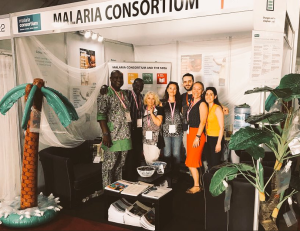
Malaria Consortium at MIM: fighting malaria with a shared voice
16 April 2018Dakar, 16 April 2018 – “It isn’t every day that you get to reflect upon two decades of progress and challenges in the fight against malaria, surrounded by all the key stakeholders that are needed to sustain the g…
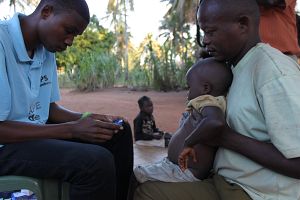
Expanding community-based mobile health (mHealth) in Mozambique
11 March 2018From 2012 to 2016 in Mozambique, Malaria Consortium developed and tested a mobile-phone based application to increase community health workers’ capacity to manage clinical cases better. The app reinforces their connection to…
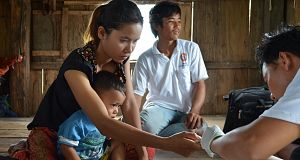
Building a malaria information system in Cambodia for elimination
27 June 2017Background
Malaria Consortium technical experts led the submission of a recently published peer-reviewed article on malaria surveillance strengthening in Cambodia through an upgraded web-based malaria information system (MIS).
T…

UK is at the forefront of fight against neglected tropical disease, but there is much yet to be done (Politics Home)
22 February 2017This article was originally published in Politics Home
In recent years we have seen incredible progress in the fight against neglected tropical diseases (NTD), but with the elimination of 10 NTDs on the agenda, we need …

UK’s commitment to malaria should put disease surveillance at its core (Politics Home)
25 April 2016This article was originally published on Politics Home.
As we mark World Malaria Day on the 25 April, Malaria Consortium calls on the UK to place strengthening disease surveillance systems to find and treat every malaria case at…

Malaria Consortium presents at the 2015 Joint International Tropical Medicine Meeting
3 December 2015Malaria Consortium staff are presenting at the Joint International Tropical Medicine Meeting 2015 (JITMM 2015) from December 2-4. The annual conference, held in Bangkok, Thailand, brings together researchers, policymakers, practit…
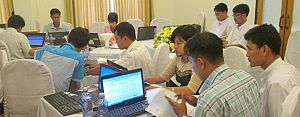
Training for improved surveillance and data management in Myanmar
13 November 2015Last month, Malaria Consortium – in partnership with the National Malaria Control Programme (NMCP), the World Health Organization (WHO) and the Centers for Disease Control and Prevention/President’s Malaria Initiative …
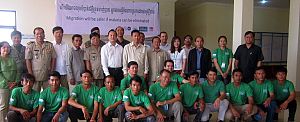
Measuring malaria among border-crossers in Southeast Asia
5 November 2015In September, Malaria Consortium launched the second phase of its cross-border project in Stung Treng province, Cambodia. This new study will build on the work of a project that ended last year, which investigated the impact of mo…

Malaria Consortium presents at the 2015 ASTMH Annual Meeting in Philadelphia
26 October 2015This week, Malaria Consortium is presenting at the 64th annual meeting of American Society of Tropical Medicine & Hygiene (ASTMH) in Philadelphia. Our symposiums and interactive presentations will cover a number of topics rang…

Myanmar community members spearhead novel approach to eliminate dengue
15 October 2015Myanmar, 1 October - Almost 50 local community volunteers gathered in Hinthada district, in the Ayeyarwady Region, to attend a two-day refresher training on dengue prevention and control organised by Malaria Consortium as part of …
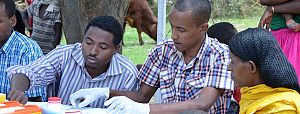
Beyond Garki baseline results released, highlighting changes in malaria environment
11 June 2015Over the last 15 years, increased global investment in fighting malaria has contributed substantially to reduction in the prevalence of the disease in endemic countries around the world. With the development of new technologies an…
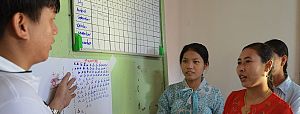
Malaria Consortium conducting Myanmar's first Malaria Indicator Survey
22 May 2015In partnership with the National Malaria Control Programme (NMCP), and with funding support from the President’s Malaria Initiative, the US Centers for Disease Control and Prevention, and the Three Millennium Development Goa…

Malaria Consortium's 'Stop Malaria Project' ends with close-out event
24 March 2015This month marked the completion of the Stop Malaria Project, which had been running across Uganda for six years.
Funded by USAID/President’s Malaria Initiative (PMI) and led by Johns Hopkins University Center for Communica…

Pioneer Project - in pictures
25 February 2015Malaria Consortium’s Pioneer project was a five-year initiative in Uganda that reduced the malaria burden in the country using a variety of effective methods. Take a look at the gallery below to learn more about t…

Malaria Consortium at the Joint International Tropical Medicine Meeting 2014
4 December 2014Malaria Consortium gave a number of presentations at the Joint International Tropical Medicine Meeting (JITMM 2014) and the 8th seminar on Food- and Water-borne Parasitic Zoonoses (FBPZ8) in Bangkok from December 2-4.
This year&r…

Malaria Consortium promotes knowledge sharing in its efforts to eliminate malaria
25 November 2014Malaria Consortium is pleased to announce that we have shared our research portfolio on the newly launched MESA Track database.
Malaria Eradication Scientific Alliance (MESA), with whom Malaria Consortium is a collaborating partn…

Malaria Consortium at ASTMH
28 October 2014Malaria Consortium at the American Society of Tropical Medicine and Hygiene meeting in New Orleans, November 3 - 6
Malaria Consortium will be giving a number of presentations at the 63rd annual American Society of Tropical Medici…

